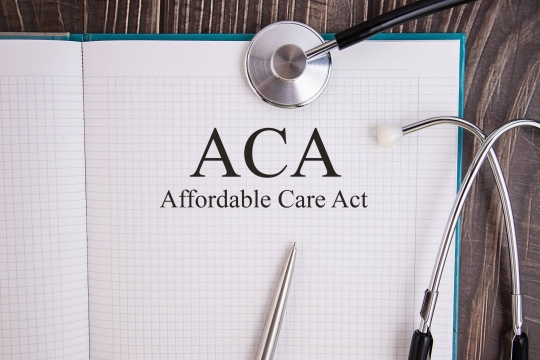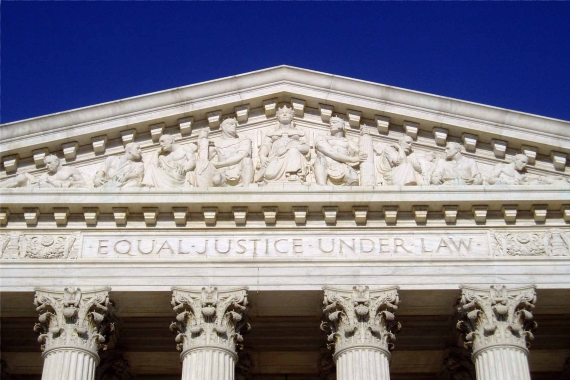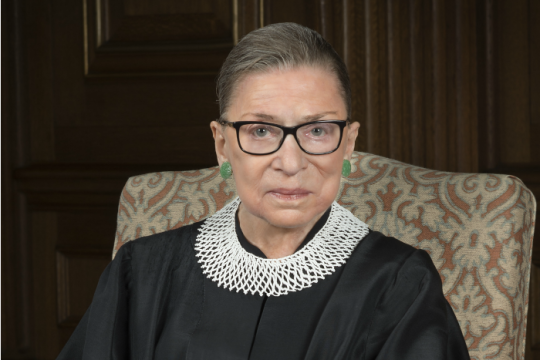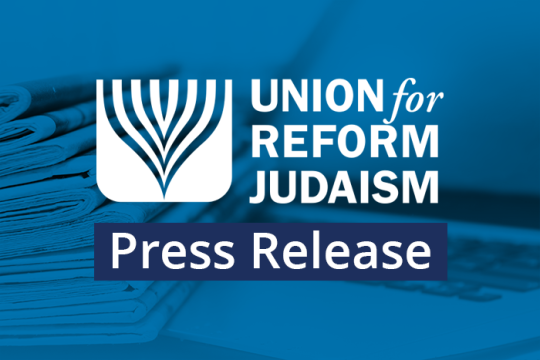


Federal courts at all levels play a critical role in safeguarding our fundamental freedoms. At stake in the consideration of any federal court nominee is the protection of our civil rights and fundamental freedoms. Among these are the right to be free from discrimination based on race, national origin, religion, gender, sexual orientation, or disability; the right to organize in a union and be protected by national labor standards; women’s reproductive rights; the right to clean air and water; and the right to equal opportunity in employment and education for all Americans. While many have fought for years to secure these rights, they are not secure without a federal judiciary ready to stand vigilant to protect them.
Jewish tradition teaches the importance of fair and impartial courts. In Exodus 18:21, Moses’ father-in-law, Jethro, advises him to chose capable, trustworthy, and law abiding members of society to judge the people. Elsewhere we are taught of the ethical obligation to oppose unjust persons and unfair judgments; judges should neither “favor the poor [n]or show deference to the rich” (Leviticus 19:15). Further, in an often-quoted passage in Deuteronomy, God proclaims to the people of Israel, "you shall not judge unfairly: you shall show no partiality; you shall not take bribes, for bribes blind the eyes of the discerning and upset the plea of the just. Justice, justice, shall you pursue" (16:19-20). The responsibility to pursue justice extends beyond ensuring that we, ourselves, are behaving justly and judging fairly. We also have a responsibility to create a legal system that strives for balance and that treats all people equitably.
Kristen Clarke has been nominated by President Biden to lead the Civil Rights Division at the U.S. Department of Justice. Clarke is a longtime civil rights leader. Since 2015 she has served as the President and Executive Director of the Lawyers’ Committee for Civil Rights Under Law. Prior to that she led the Civil Rights Bureau in the New York State Attorney General’s office and worked at the NAACP Legal Defense Fund.






Learn more about the RAC's key issues and get involved by signing up for the legislative updates newsletter.
Thank you for subscribing to emails from the RAC! Please check your inbox for our emails and to manage your subscriptions.
Learn more about the position of the Reform Movement on these key issues, and read the formal resolutions by URJ and CCAR.

Educational materials
For more information on this issue, contact Legislative Manager Juri Jacoby at 202-387-2800